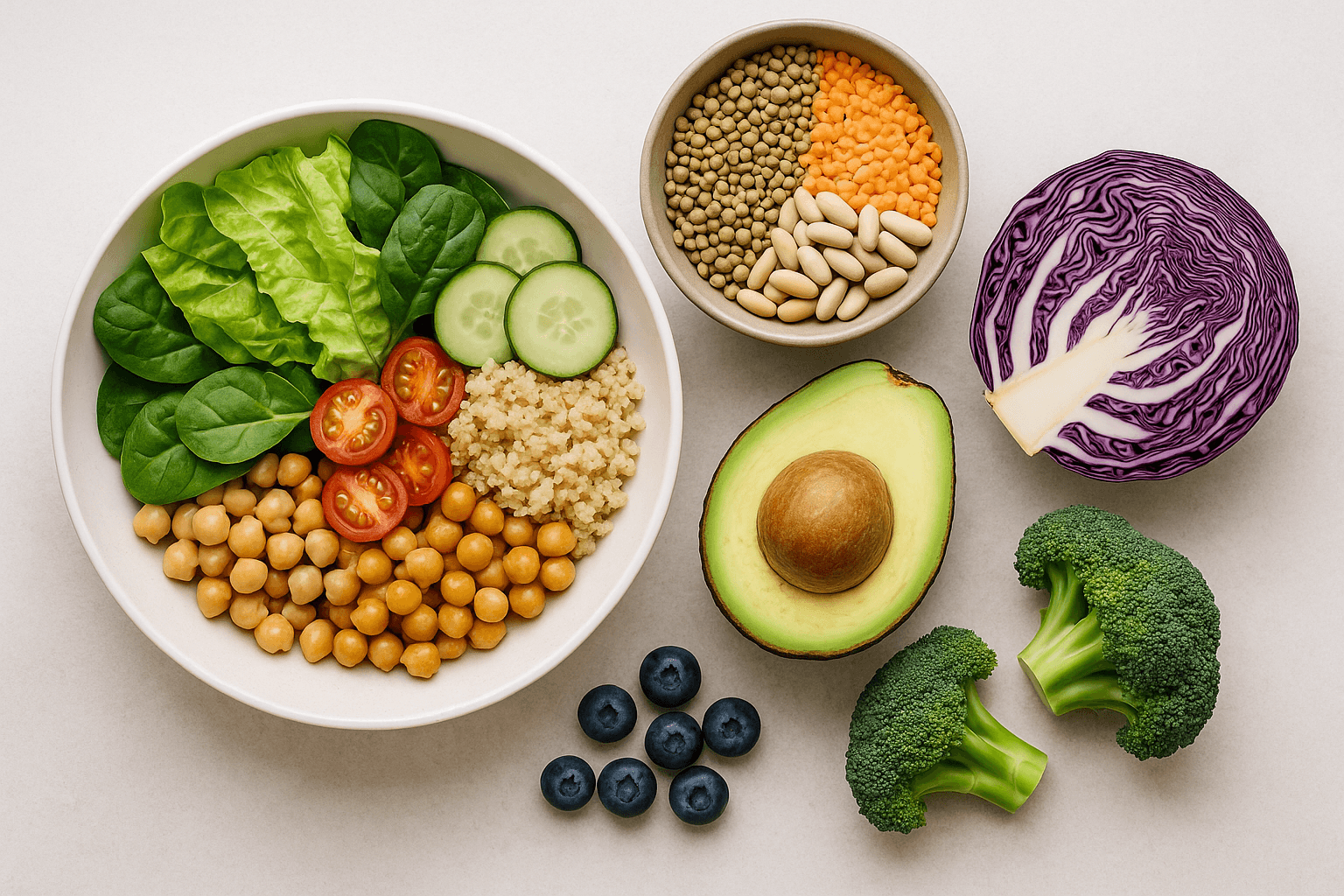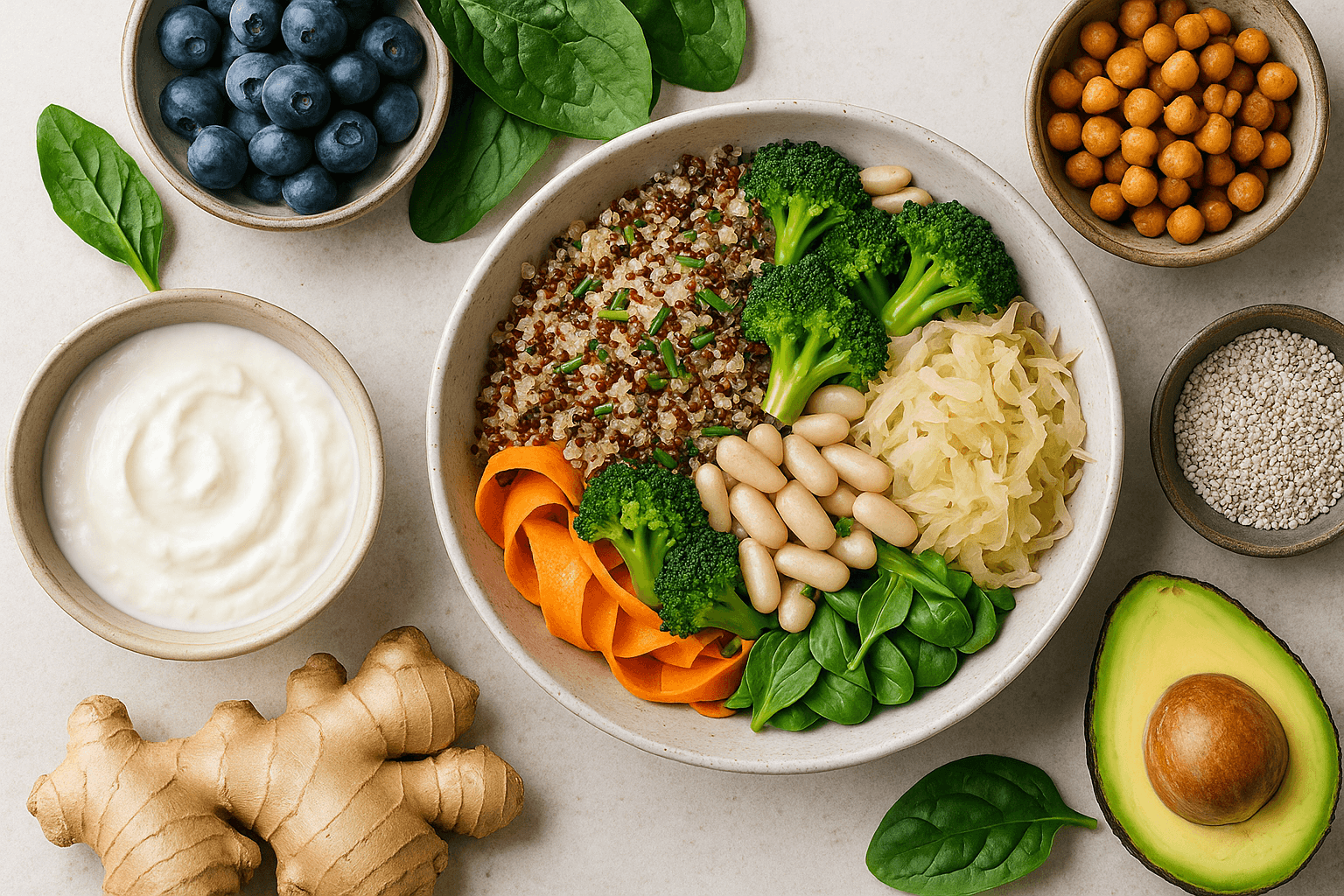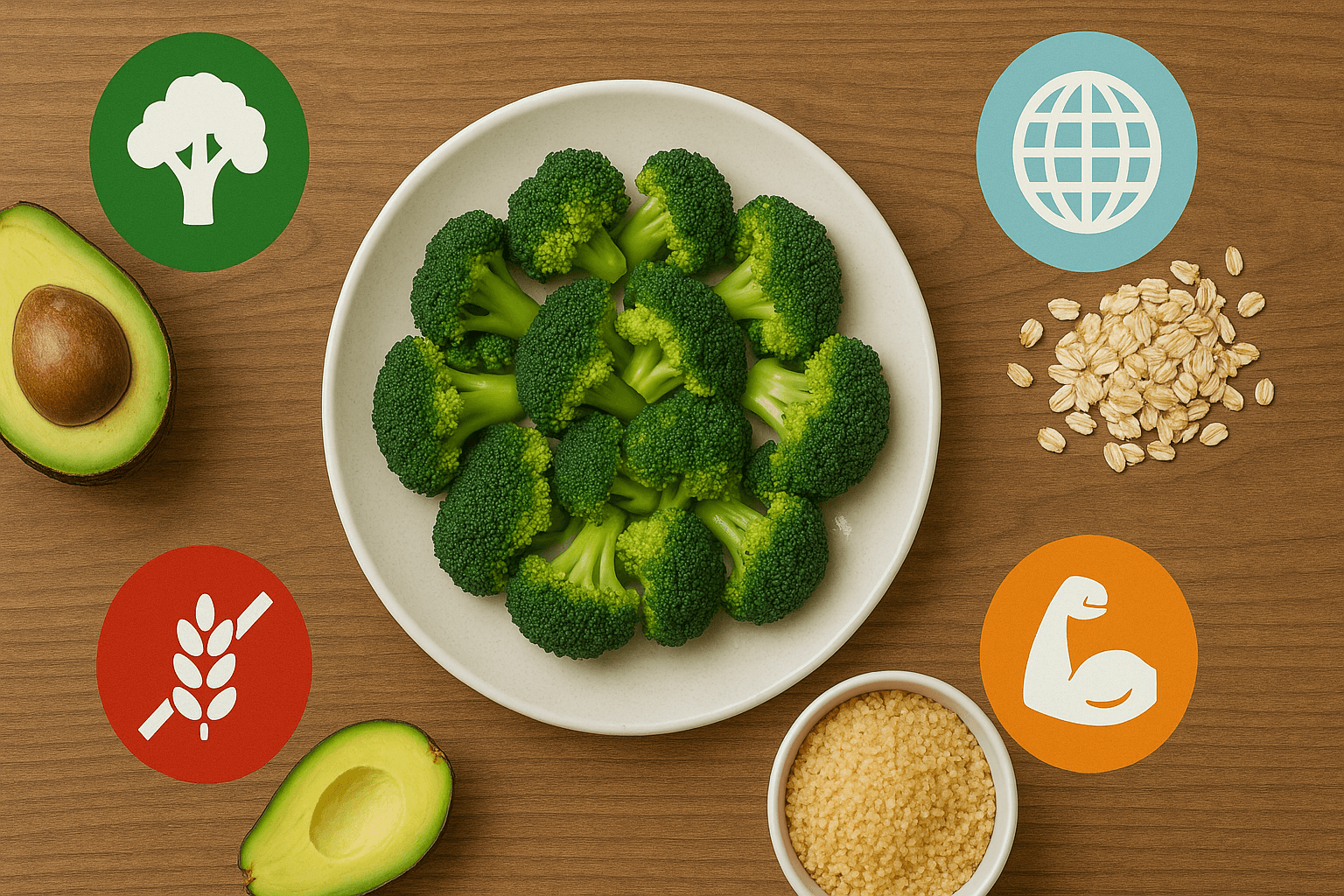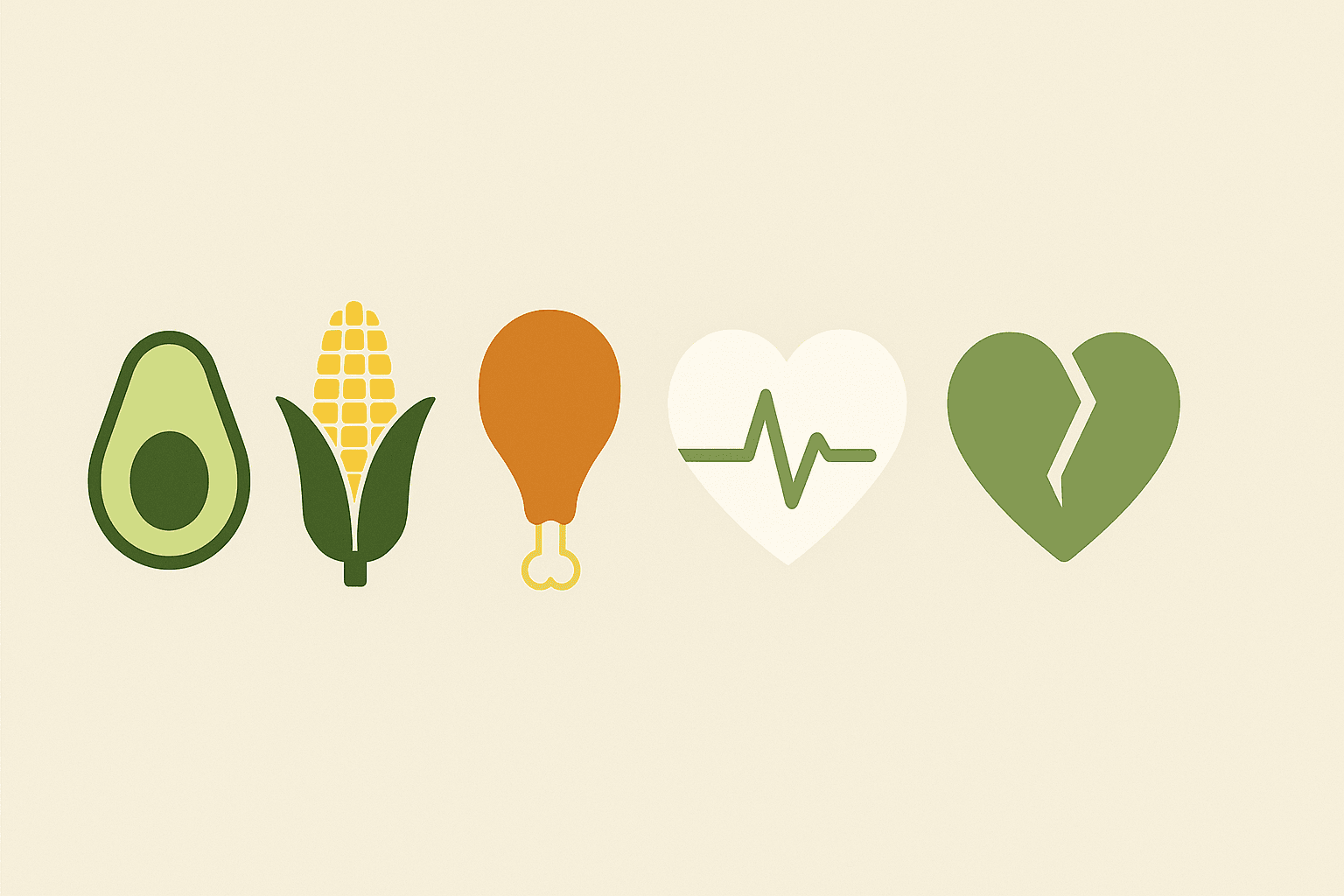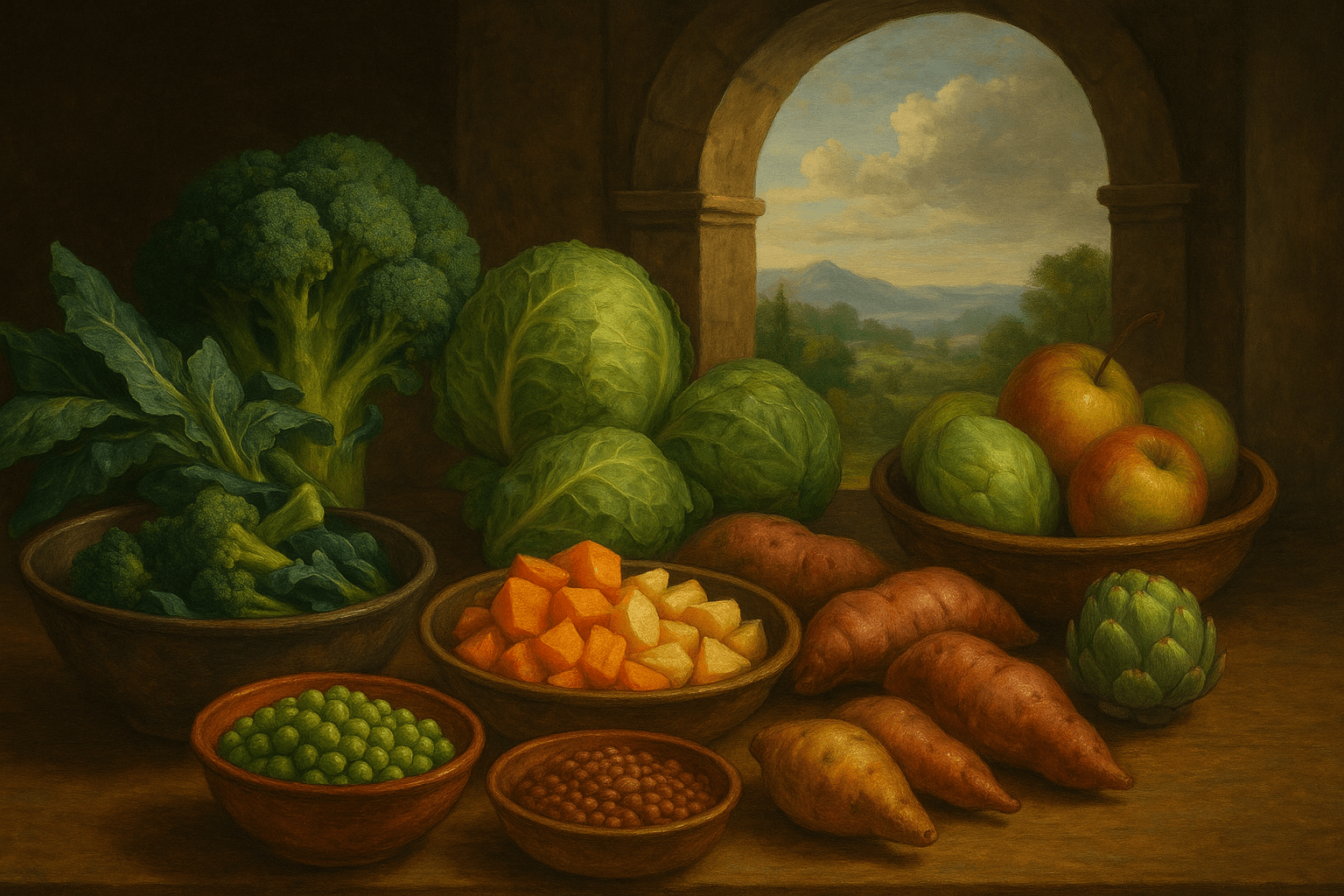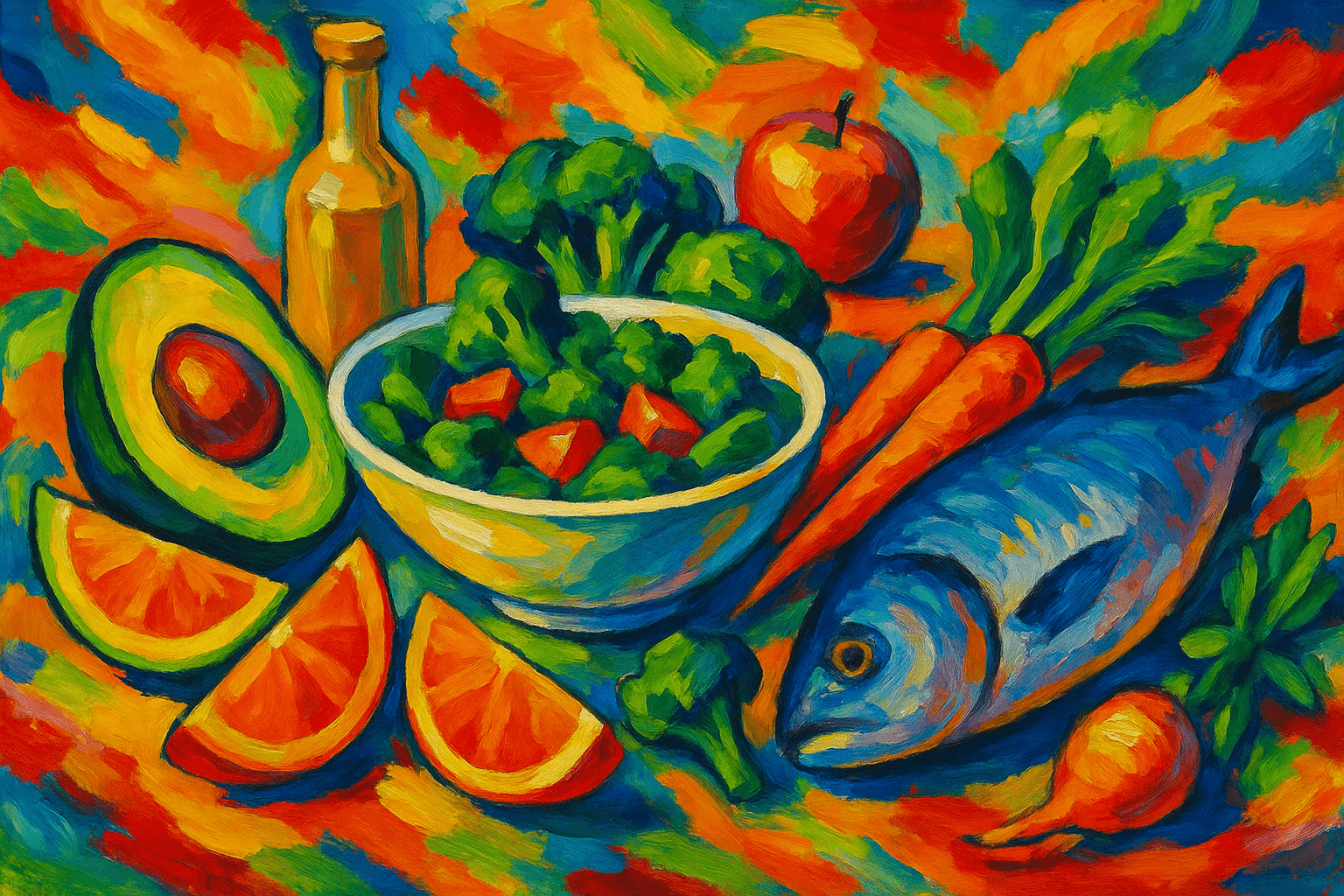Special Diets Decoded: Navigating New Trends, Ancient Wisdom, and the Path to Truly Personalized Nutrition
Published on August 2, 2025
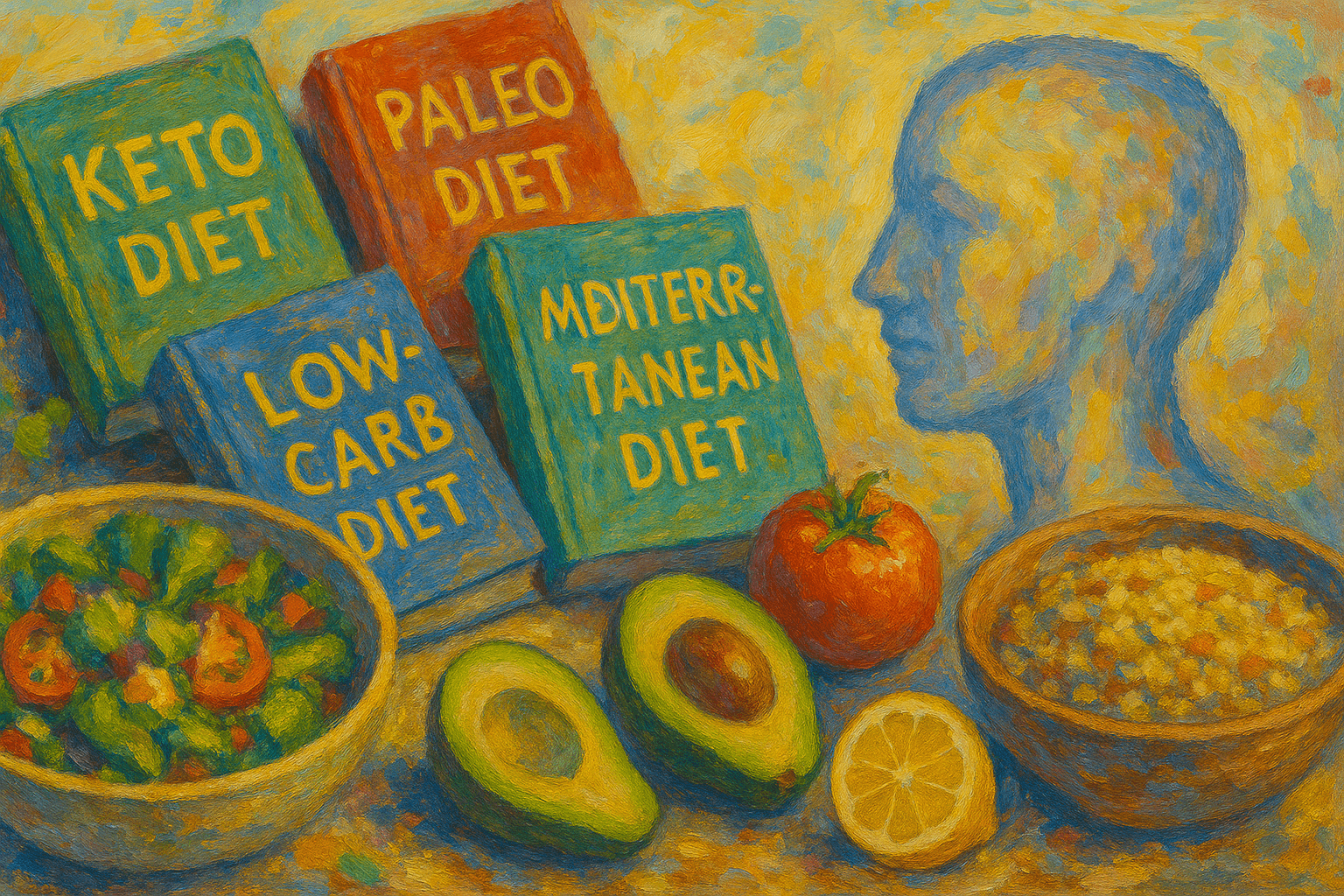
We’re currently existing in a world where diet talk is the lingua franca — on social media, among family members, with one’s doctor. Every week it seems there’s a new “revolutionary” plan or miracle celebrity transformation. The temptation to chase every trend in pursuit of an easy fix or a health Holy Grail is strong. But true, lifelong well-being doesn’t come from trends; it comes when you understand why and how a special diet works for you — and learn the patterns that actually do work. As a dietitian in love with science, food and the art of eating well, I want to arm you with credible information; teach you how to filter out the hype from sexy but not-so-good-for-you sell points (sold at high-profit prices); guide you on creating your personalized nutrition strategy that appreciates your uniqueness while supporting health goals —and pleasure.
What Makes a Diet “Special”?
A special diet is just the way that you intentionally eat in a way that’s not what everybody else does (whatever they happen to be doing at any given moment)! Medically necessary special diets — including gluten-free for celiac disease and salt-restriction in hypertension Wass says that ‘about a quarter’ of the high schoolers he works with are on medically required dairy- or grain-free regimens. Others want to eat in a way that is consistent with their ethics (vegan, vegetarian) or some other deeply held personal beliefs; religious strictures; health goals — such as more energy, better digestion, a clearer mind.
Special diets are not just about what you cannot eat. They’re often actually about saying yes to new foods, and new skills, and even just new ways of being at mealtime. Whether you’re forgoing animal products, cookies and candy bars or grains and certain food additives, the best special diets spark curiosity as well as creativity. They force us to ponder our values, our bodies and the way we live daily. Sometimes they even expose food intolerances or nutrient needs that were lurking in plain sight.
But don’t forget: There’s no one universal “normal” where food is concerned. Each culture, climate and family has them. Special diets are an instrument, not a life sentence. It’s all about discovering what makes your unique health, goals and joy work.
Put the Spotlight on Those New and Wonderful (and Old) Special Diets
Intermittent Fasting (IF)
The Promise: Intermittent fasting (IF) is more than a temporary diet trend — it’s an ancient cultural and religious practice. Today, IF commonly refers to oscillating between eating and fasting for periods of time — say 16 hours with no food followed by eight hours where you’re allowed something (which can be water), or the so-called “5:2” approach (i.e., two days out of seven spent in a low-calorie state).
Science Says: Studies show IF can help some people lose weight, reduce insulin resistance and lower cholesterol profiles. Some animal research even suggests potential benefits for longevity and brain health. But IF isn’t magic, and it’s not for everyone. And the benefits hinge largely on what you eat during eating windows — pack those hours with ultra-processed foods and there will be no gain. For many, the true victory of IF is structure and simplicity — not some one-of-a-kind form of “fat burning.”
Expanded Insight: Some people don’t feel their best skipping meals and IF may not be safe for those with medical conditions or who are pregnant, breast-feeding or have a history of disordered eating. If you’re concerned, ease into it gently and listen to your body — make sure that, by doing this diet, there’s not some nutritional requirement or caloric need for certain types of food that isn’t being met.
Keto and Low-Carb Diets
The Promise: The ketogenic (“keto”) diet pushes your body to break down fat instead of sugar for energy by severely limiting all carbohydrates and increasing healthy fats. The claim: Mountainous weight loss, enhanced energy and mental focus; sometimes better control of blood sugar levels.
Science Says: Some people — including those with certain metabolic disorders, such as type 2 diabetes and epilepsy — have found success on a ketogenic diet. That can cause a decrease in appetite and blood sugar, resulting in rapid weight loss. But there are crucial caveats: keto can drive up LDL (“bad”) cholesterol in certain people, may be difficult to stick with long-term and could lead to micronutrient deficiencies if you aren’t careful. Long-term research is still evolving.
Expanded Insight: Plant-based or “clean” keto strategies that emphasize olive oil, nuts, seeds, non-starchy veggies and fatty fish are safer — and more sustainable than those heavy on bacon-and-butter. Not everybody should try keto, and if you have underlying health issues or take medication that could be negatively affected by a drastic diet change, always consult your doctor.
Plant-Based, Vegetarian, and Vegan Diets
The Promise: Adopting a plant-based or vegetarian diet isn’t just something you do because it’s trendy — research shows that in most cases, such diets can help support your heart health, healthy weight and even reduce the risk of some cancers and chronic diseases. And it’s better for the environment and animal welfare.
Science Says: Hundreds of studies have found that people who eat more plants (and less meat and dairy) tend to have lower rates of cholesterol, high blood pressure, diabetes, heart disease and cancer. These diets are also high in fiber, antioxidants and vitamins and minerals. However, they do require planning. The key nutrients — including vitamin B12, iron, omega-3 fatty acids, calcium and zinc among them — require attention and often supplementation.
Expanded Insight: You don’t have to go cold Tofurky! Even moving a meal or two each week away from animal products can yield huge benefits. It’s important to be varied here: legumes, whole grains, nuts and seeds, tofu or some other type of protein variety is also crucial; fruits and vegetables all contribute toward satisfying your needs in this area as well.
Gluten-Free and Low-FODMAP Diets
The Promise: These diets claim to promote better digestion, less bloating and more energy by eliminating gluten (a protein found in wheat, barley and rye) or certain kinds of fermentable carbs (FODMAPs) that some people can’t tolerate.
Science Says: Celiac Disease Celiacs: A gluten free diet is a must for people who are celiac and those that have been diagnosed with an intolerance to gluten. Low-FODMAP diets, on the other hand, are an evidence-based short-term intervention for IBS sufferers — but only after a meticulous reintroduction phase to identify trigger foods. But removing gluten or FODMAPs in those without the problem can make it trickier for people to take in their fare share of fiber, B vitamins and crucial minerals.
Expanded Insight: It can be too easy to fall into the trap of buying processed gluten-free food but this is often high in sugar, fat and salt and low in nutrition. Focus on whole foods that are naturally gluten-free, and consider professional help if you’re thinking about cutting out entire food groups.
Mediterranean, DASH, and Traditional Diets
The Promise: Returning to the way our grandparents ate, concentrating on whole foods, local fruits and vegetables, olive oil, nuts, fish beans onions garlic rosemary sage thyme other herbs cuts can lead to a long healthy life.
Science Says: Researchers all over the world, in fact, exult about these traditional eating patterns for their power to prevent heart disease and stroke as well diabetes and cognitive decline colon cancer,colon-cancer rarebreast depression. And among the most satisfying and sustainable ways to eat, too, bringing together pleasure because of flavor along with socially redeeming simplicity.
Expanded Insight: The Mediterranean and DASH diets are just as much (if not more) about how you eat than what: meals are social, eaten slowly and shared. These designs are built for connection, presence and pleasure — all of which correlate to improved digestion and better habits.
Paleo, Whole30, and “Elimination” Diets
The Promise: Take everything out of your diet except what our ancestors ate, foods that grow on plants rather than manufactured at one.
Science Says: Short-term removal like this can help break cycles of unhealthy eating and even uncover hidden food sensitivities. But excluding too many foods for too long could make it difficult to meet your fiber, vitamin and mineral needs. After a “reset” period, most nutritionists I spoke with suggest gradually reintroducing as many whole foods as possible.
Expanded Insight: The greatest benefits from these diets generally occur not because they eliminate the things people should be eating, like vegetables and fruit (unless you follow A.I.P.), but instead require that people cut out processed foods. The healthiest long-term diets are adding, not subtracting — so be sure to look for ways to add back variety.
How to Pick: It All Comes Down to Personalization
Here’s the actual secret: The “best” diet is one that suits your health needs, your food preferences and your lifestyle — and isn’t really a fad at all. Start by asking yourself: What are my primary goals? (Weight loss, energy management for a condition you have or performance enhancement? What does a typical day look like? Do I want to meal prep, or do I need meals that are fast and easy? Are there foods, or ingredients I truly love — or absolutely can’t stand? For whom am I cooking and what do they need or love? Am I prepared to educate myself and supplement for any nutrients that I may be lacking? Most importantly, keep in mind that you are free — even encouraged — to make any special diet your own and small changes do add up over time.
The “Diet Fits” Study, Science of Why Personalization Works Best
At last, we are getting beyond the myth of “one-size-fits-all.” The latest science reveals that everything from your genetics to the bugs in your gut can determine an optimal diet, and there are even ways you could — maybe perhaps! The DIETFITS study — one of the largest and most rigorous diet trials ever conducted — showed that different people react very differently to a given diet. Some people do great with low-carb; others are better off eating more carbs and fiber.
What matters most? Listen to yourself: Your energy, digestion, mood, sleep and blood markers are your best guide. “We want to use food as a means of self-discovery, not self-critique. Open-minded, flexible eaters who evolve are the ones most successful in the long-term — not just with weight or lab numbers, but also happiness and quality of life.
A Dietician’s Final Word: Special Diets as Path to Self-Knowledge
A special diet can begin a lifelong quest — a way to reestablish connection with the body, explore new flavors and heal old hurts. But it never should be a cause for anxiety, shame or isolation. So the healthiest diet is based on love and respect for ourselves, a sense of wonder about our body’s capacities, and a felt need to live vibrant lives.
Never allow perfection to be the enemy of good. The basics still count: lots of plants and not much sugar, plenty of variety so you’re bored by neither food nor meals. Surround yourself with positive influences, seek professional help if necessary … and let your food choices be not only a reflection of where you want to go in life but who inside (and out) is ready to take that next step.
Your healthiest life is about small choices, meal by meal, habit by habit.You didn’t get unhealthy overnight and you won’t become healthy overnight but it IS worth every day of effort.



